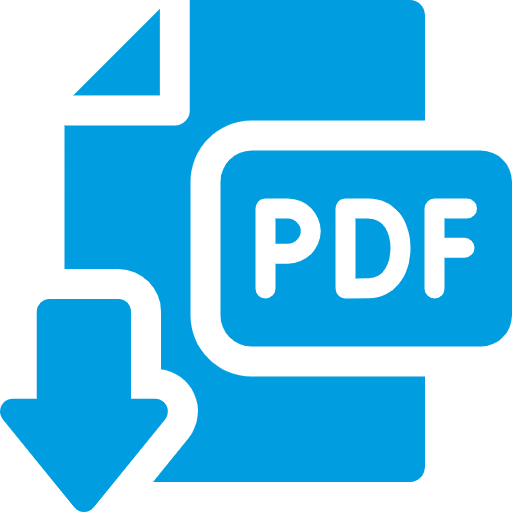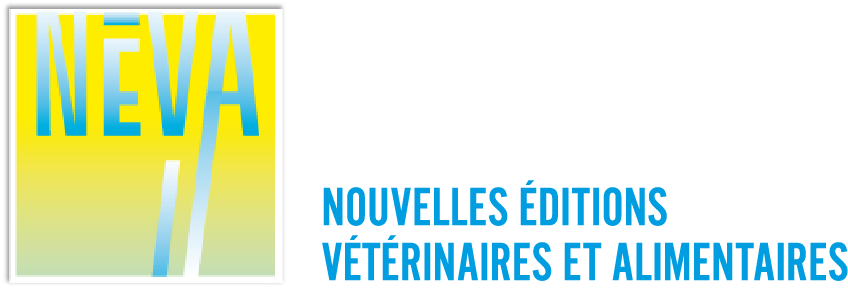Suite à une interrogation officielle de l’École Nationale Vétérinaire d’Alfort, le Conseil National de l’Ordre des Vétérinaires a, en mars 2018, estimé que la récolte de la semence canine et son stockage ne relèvent pas d’un acte vétérinaire, et que l’insémination artificielle par voie vaginale dans l’espèce canine ne relève pas de la définition de l’acte vétérinaire au sens de l’article L 243-1 du Code Rural et de la Pêche Maritime (CRPM).
En revanche, la pose de semence réfrigérée ou congelée dans l’utérus, qui impose de franchir à l’aide d’un matériel approprié le col de l’utérus de la chienne, relève bien d’un acte vétérinaire de par sa complexité et la technicité requise.
Outre cet avis ordinal, d’autres changements sont à signaler en France : l’ouverture d’une 5è banque de semence canine française émanant d’une coopérative d’insémination artificielle bovine ou la disparition de fait de la liste des vétérinaires dits “agréés” par la Société Centrale Canine. Il reste toutefois nécessaire, pour les chiens de race, que les vétérinaires pratiquant une insémination artificielle fournissent une attestation afférente afin que la portée puisse être inscrite au Livre d’Origine.
Disciplines : Reproduction, Réglementation
Mots clés : Insémination artificielle, banque, semence, Reproduction assistée, Réglementation, Chien.
Following an official question of Alfort National College of Veterinary Medicine, the National Council of Veterinarians in March 2018 declared that the collection or the storage of canine semen do not fall under the definition of a veterinary act, and that artificial vaginal insemination in the canine species does not fall under the definition of a veterinary act within the meaning of article L 243-1 of the Rural and Maritime Fishing Code (CRPM).
On the other hand intra-uterine insemination of chilled or frozen semen, which requires to penetrate the uterine cervix of the bitch with a specific equipment, is a veterinary act because of its complexity and the technicity required.
In addition to this ordinal notice, other changes occurring in France may be mentioned: the opening of a fifth French canine semen bank as a branch of a cooperative bovine insemination company, or the “de facto” disappearance of the list of veterinarians so-called « approved » by the French Kennel Club. On the other hand, it remains necessary – for purebred dogs – that the vets practicing artificial inseminations provide a related certificate in order for the puppies born to be officially registered in the Stud-Book.
Disciplines : Reproduction, Reglementation
Mots clés : intra-uterine insemination, bank, semen, dog.


